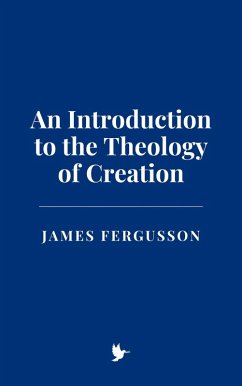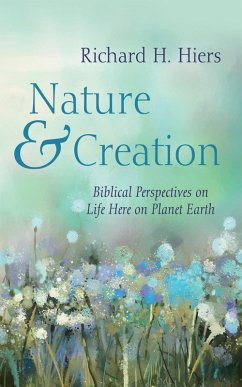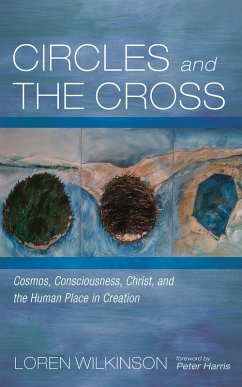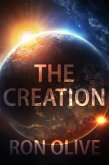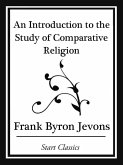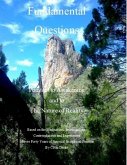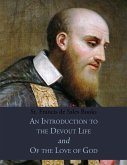Drawing upon the works of influential theologians such as Augustine, Aquinas, Irenaeus, Calvin, and Moltmann, the book investigates how different theological traditions have approached the doctrine of creation, offering insights into their varying interpretations of free will, providence, and the ultimate goal of creation. The tension between divine sovereignty and human responsibility is explored, highlighting the ethical and moral dimensions of creation theology. The book also examines the growing intersection between theology, science, and ecology, with a particular focus on the Church's response to environmental degradation, social justice, and the global ecological crisis.
In its final chapters, the book brings together perspectives from the ecumenical and interfaith dialogues, offering a comparative analysis of creation theology across Christian denominations and world religions. It considers how shared beliefs in a Creator shape the understanding of human responsibility and moral action in the natural world. Ultimately, the book emphasizes that the Christian doctrine of creation is not a static, historical concept but a living, dynamic framework for understanding God's ongoing relationship with the world and humanity's role in the redemptive process. Through this theological exploration, the book seeks to deepen the reader's understanding of creation and its ethical, eschatological, and ecological dimensions, offering a vision of hope and redemption in a world marked by suffering and injustice.
Dieser Download kann aus rechtlichen Gründen nur mit Rechnungsadresse in A, B, CY, CZ, D, DK, EW, E, FIN, F, GR, H, IRL, I, LT, L, LR, M, NL, PL, P, R, S, SLO, SK ausgeliefert werden.

